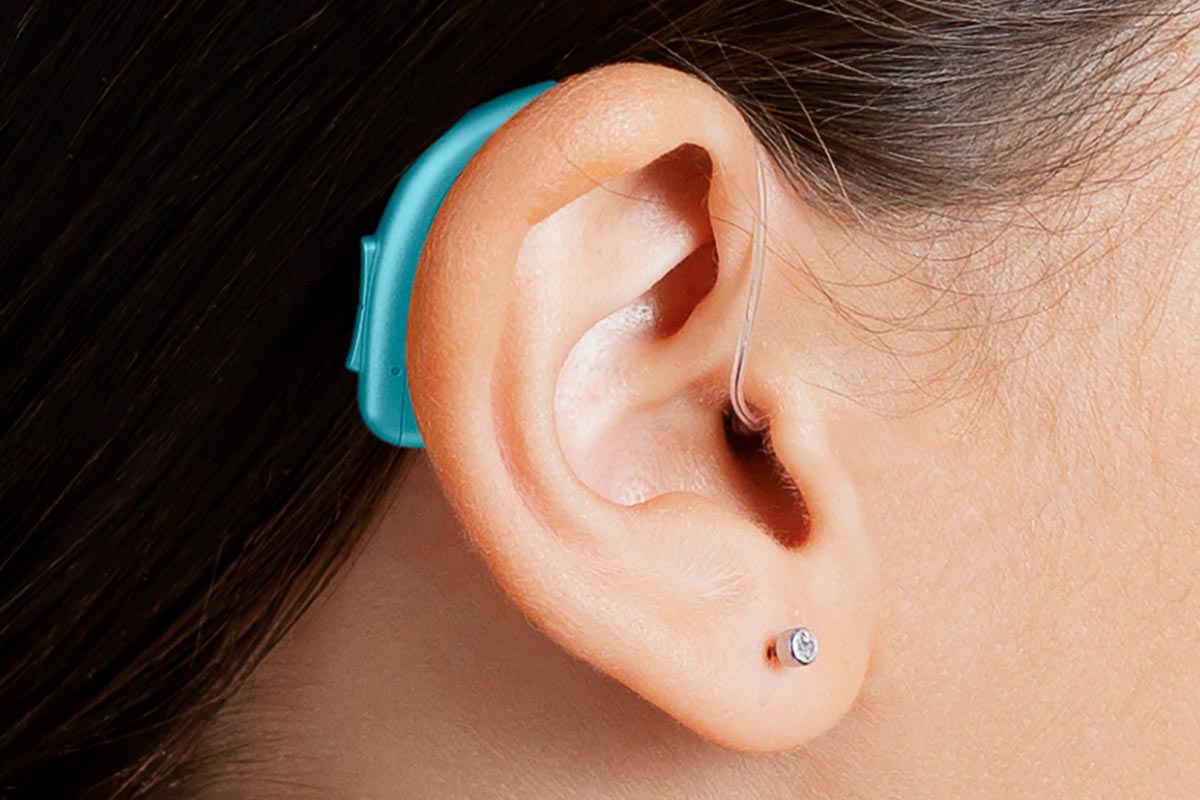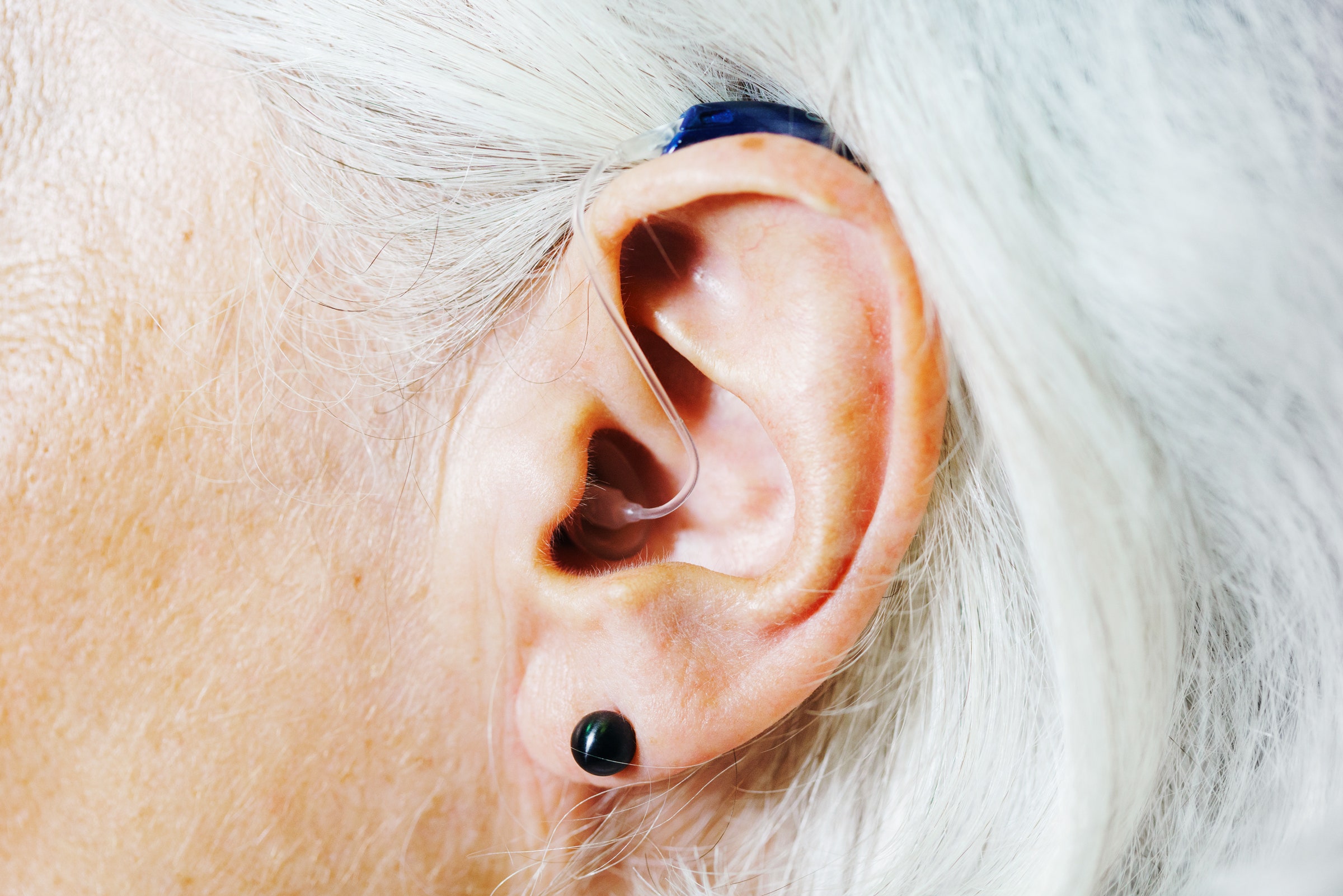A groundbreaking study published in The Lancet reveals that hearing aids may play a crucial role in reducing the risk of dementia for individuals facing cognitive decline. Cognitive decline, a range of impairments from mild to severe, has been identified as a significant concern worldwide, with dementia posing a major challenge for aging populations.

source- healthy hearing
The research, led by Dr. Frank Lin, a professor at Johns Hopkins University School of Medicine and the Bloomberg School of Public Health, focused on the relationship between hearing loss and cognitive decline. Over the past decade, it has been established that hearing loss is one of the primary risk factors for developing dementia. However, until now, it remained unclear whether using hearing aids could mitigate this risk.
The study involved more than 3,000 participants from two groups: healthy community volunteers and older adults from the Atherosclerosis Risk in Communities (ARIC) study, which observes cardiovascular health. The participants were randomly divided into two groups, with one receiving counseling in chronic disease prevention (control group) and the other group receiving treatment from an audiologist and hearing aids (intervention group). The researchers followed up with both groups every six months for three years, evaluating the impact on their cognitive function.
The results were remarkable. While hearing aids did not show a significant impact on cognitive decline for the total group, the researchers observed a significant reduction in cognitive decline for the older individuals at higher risk. In this at-risk group, the rate of cognitive decline was slowed by an impressive 48%.
The study’s findings raise questions about the importance of prioritizing hearing health to combat dementia risk. As people are living longer worldwide, the number of dementia cases is increasing, making interventions like hearing aids potentially valuable tools in preserving cognitive function.
Dr. Thomas Holland, a physician scientist at the Rush Institute for Health Aging, commented on the study’s significance, noting that the individuals with underlying comorbidities or risk factors for cognitive decline should prioritize regular check-ups and consultations with healthcare providers. Emphasizing physical health, regular exercise, a balanced diet, and staying mentally active were highlighted as essential practices, particularly for those with hearing loss, atherosclerosis, high blood pressure, heart disease, or neurovascular disease.
The study also highlighted the importance of early intervention in preventing cognitive decline and building resilience against the disease. For individuals at risk, taking proactive steps to manage hearing loss through the use of hearing aids or other hearing assistance devices could be a simple and effective way to preserve cognitive function.
While the research provides promising insights, experts remind us that maintaining hearing health is only one component of a holistic approach to overall cognitive well-being. Governments and individuals should continue to invest in research and public health initiatives to tackle the growing challenge of dementia on a global scale.
In conclusion, the study offers compelling evidence that hearing aids may reduce the risk of dementia by half for individuals at higher risk of cognitive decline. These findings underscore the importance of addressing hearing loss as part of a comprehensive strategy to promote cognitive health and reduce the burden of dementia on aging populations worldwide. Further research and awareness campaigns are needed to encourage the widespread use of hearing aids and other preventive measures for dementia risk reduction.

source- WIRED












